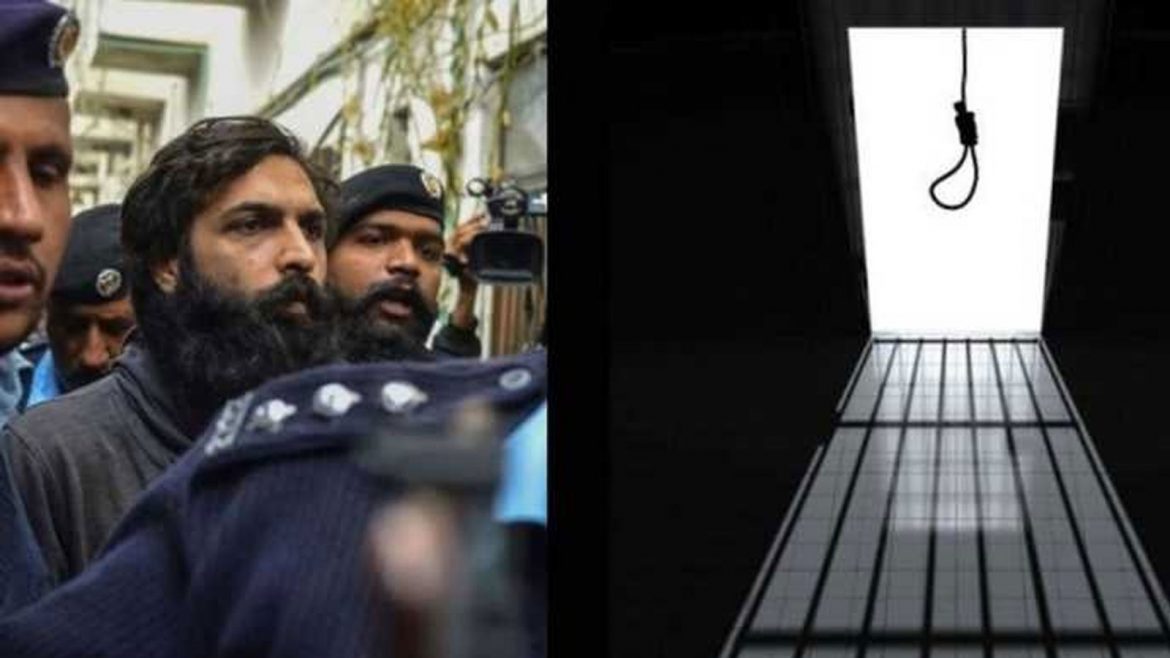Nearly four years have passed since Noor Mukadam’s horrific murder, yet her family is still waiting for justice. This week’s adjournment of Zahir Jaffer’s appeal is not another delay it’s a painful reminder of how slow and uncertain the justice process can be in Pakistan.
- Before moving further, here’s what you need to know:
The Supreme Court has postponed Zahir Jaffer’s appeal hearing to May 19, after the defense asked for more time to submit documents. - His lawyers are now raising mental health as a key issue, something many believe is a stalling tactic, not a genuine concern.
- The public, especially women’s rights groups, is once again expressing anger and heartbreak, questioning how long justice can be postponed.
- Zahir Jaffer’s appeal against his death sentence was supposed to be heard on May 13, 2025. Instead, the hearing was adjourned. For Noor’s family and countless others who have been following the case, it feels like déjà vu. Each delay makes justice feel more like a distant dream than a reality.
A Case That Still Haunts Us
Noor’s murder in July 2021 shook Pakistan to its core. She was 27, full of life, and trusting enough to meet someone she once knew. She never returned home. Zahir Jaffer was arrested at the crime scene. The horror of what happened to her was hard to process and even harder to forget. In 2022, a trial court sentenced Zahir to death, along with additional jail time and a fine. Two of his staff members received prison sentences too. But the acquittal of others, including his wealthy parents and employees of TherapyWorks, made many feel like the powerful can always find a way out.
Mental Illness or Delay Tactic?
During this week’s hearing, Zahir’s lawyer Salman Safdar claimed that no medical board had been appointed to assess his client’s mental health—a detail he says could influence the case outcome. Justice Hashim Kakar questioned the justification for yet another adjournment. Still, the court granted more time. Prosecutor Shah Khawar disagreed with the delay, but was told to respond once the new documents are submitted. And so, what could’ve been progress turned into another pause.
A Nation Tired of Waiting
The response online was instant. “Another date? Another excuse?” one person posted. Others asked what many are thinking: how many delays are too many? Each one seems to add to the pain Noor’s family carries and chips away at public faith in the system.
Women’s rights groups have been vocal too. For them, this isn’t about one case—it’s about what the justice system signals to every woman in Pakistan. That even when the evidence is clear, and the confession is there, justice can still be delayed.
Justice Must Mean Something
Noor’s story became a rallying cry. It reminded the country how vulnerable women can be even in supposedly safe spaces, even with all the right education, even from good families. It sparked protests, conversations, and a demand for change. But what does it say when even such a high-profile case is caught in an endless loop?
It’s not just about following the law.
It’s about making sure that the law protects the vulnerable and holds the guilty accountable without endless loopholes. So we ask again: how long must Noor’s family wait? How many times will justice be pushed down the calendar before it is finally served? Maybe, just maybe, we owe Noor more than just remembrance.
What do you think—will justice for Noor ever stop being delayed?

